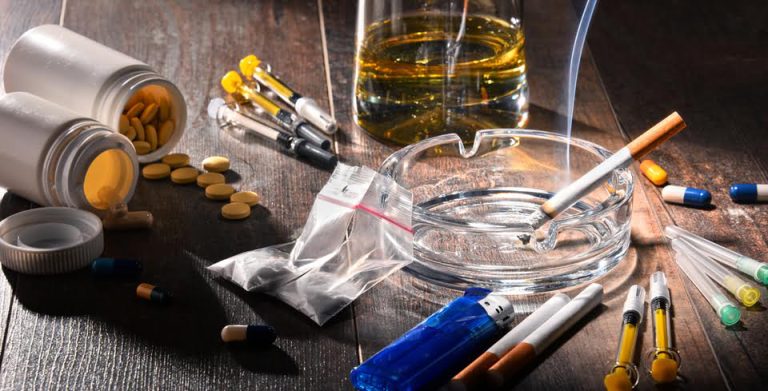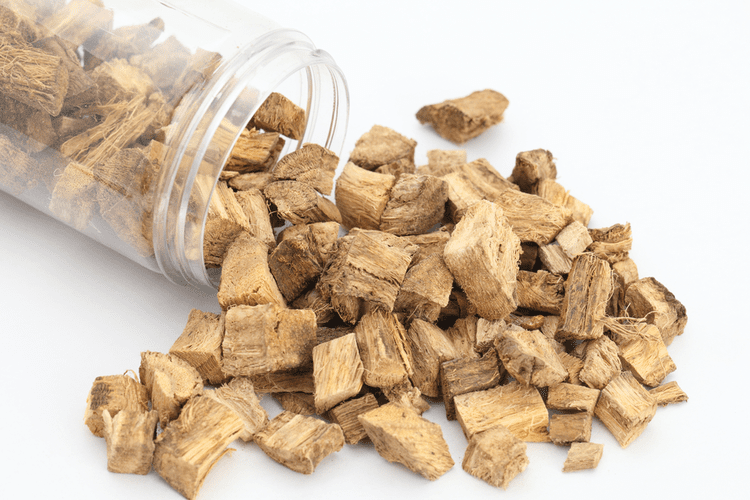Does Alcohol Make You Gain Weight? 5 Ways It Sabotages Weight Loss
Some of these confounding factors are further discussed below. Another important confounding factor to be considered is physical activity level. Furthermore, beer and spirit drinkers appear to have poorer dietary habits in general than wine drinkers 3•.
How To Avoid Gaining Weight The Day After Drinking
- Still, the amount, frequency, and type of alcohol you consume, as well as other factors, may all determine whether you gain weight.
- Also, Beulens et al. 51 reported similar results in 34 male adults with large WC, consuming 450 mL of red wine per day for 4 weeks, compared to consuming alcohol-free wine for the same time period.
- If you’ve noticed you’ve gained weight or tend to bloat when you drink alcohol, you may want to consider cutting back on your alcohol consumption.
- And because an average can of beer runs you more than 150 calories, it doesn’t take long for the calories (and the belly) to build.
The different brew styles are made when brewers vary the grains, brewing times and flavorings they use. However, it can range from very weak (0.5%) to exceptionally strong (40%). And prolonged alcohol use can lead to mental health conditions like anxiety and depression. “Excessive alcohol consumption can cause nerve damage and irreversible forms of dementia,” Dr. Sengupta warns. When you drink too much alcohol, it can throw off the balance of good and bad bacteria in your gut.
- Your body will use its energy to burn the alcohol before anything else, including fat and sugar.
- We’ll focus primarily on the factors contributing to (seemingly) rapid weight gain.
- Cortisol is the stress hormone in your body responsible for the “fight or flight” response.
What is Beer?
- Force yourself to choose nutrient-dense food, lots of water, and get moving – even if it’s just a walk for fresh air.
- However, heavy drinking may increase your risk of weight gain and other health effects.
- Additionally, I examine the way mental and physical health as well as our relationships with others impact the reasons people drink and their role in maintaining sobriety long-term.
- Additionally, alcohol is a diuretic, meaning you lose more body water, so you’ll likely need to go to the bathroom more frequently and will often sweat more too.
Additionally, drinking alcohol negatively impacts your metabolism and body’s ability to burn fat, contributing to weight gain. Consuming alcohol also makes you hungrier for high fat, high sodium food while impeding your judgment, which further contributes to poor food choices. Moreover, whether a dieter should be able to manage https://retrica0.com/gunnar-asia.html moderate alcohol consumption depends on its contribution to their daily calorie intake.

What You Eat During and After You Drink

While cross-sectional and longitudinal studies have controlled for a number of important lifestyle factors, there are many to consider when examining https://mttx.ru/podklyuchaetsya-telefon-kak-modem-kak-ispolzovat-smartfon-kak-modem-dlya/ body weight regulation. Future research must consider the other important factors that may influence the link between alcohol and obesity, some of which are discussed below. However, a clear cause-and-effect association between alcohol intake and weight gain is not apparent based on the mixed and conflicting available evidence on the topic. Given that both excessive alcohol intake and obesity are of public health concern, a better understanding of the association between alcohol consumption and excess body weight is warranted. The association between alcohol intake and body weight is generally stronger in men than women 15, especially because of the amount and type of alcohol consumed by men. Alcohol has been reported to account for 16% of adult drinkers’ total energy intake in the United States 68, with men consuming about three times the amount consumed by women 68.
Alcohol Consumption, Diabetes Risk, and Cardiovascular Disease Within Diabetes
- A recent research survey reported that the average tipping point – the point at which people go on to make poor choices with food and alcohol – is 9.3 units of alcohol.
- In fact, one study found that men who drank more than three drinks per day were 80% more likely to have a lot of belly fat than men who didn’t drink as much (15).
- Mixed drinks have more calories due to the added sugar and saturated fat.
- Lowered inhibitions can lead to poor choices with lasting repercussions — like the end of a relationship, an accident or legal woes.
- For example, alcohol may affect hormones that control appetite, hunger, and stress.
Thus, accounting http://israeli-medicine.ru/page/kardiologi-razvejali-mif-o-polze-krasnogo-vina-dlja-zdorovja-serdca for both sides of the energy balance equation (intake, expenditure and lifestyle habits) is crucial to evaluate adequately the association between alcohol intake and obesity. Aside from the immediate influence on appetite that comes from alcohol consumption, there are also effects on energy storage. Alcohol inhibits fat oxidation, suggesting that frequent alcohol consumption could lead to fat sparing, and thus higher body fat in the long term 62. However, the results of the various cross-sectional and longitudinal studies examined in this review do not unequivocally support such a hypothesis.